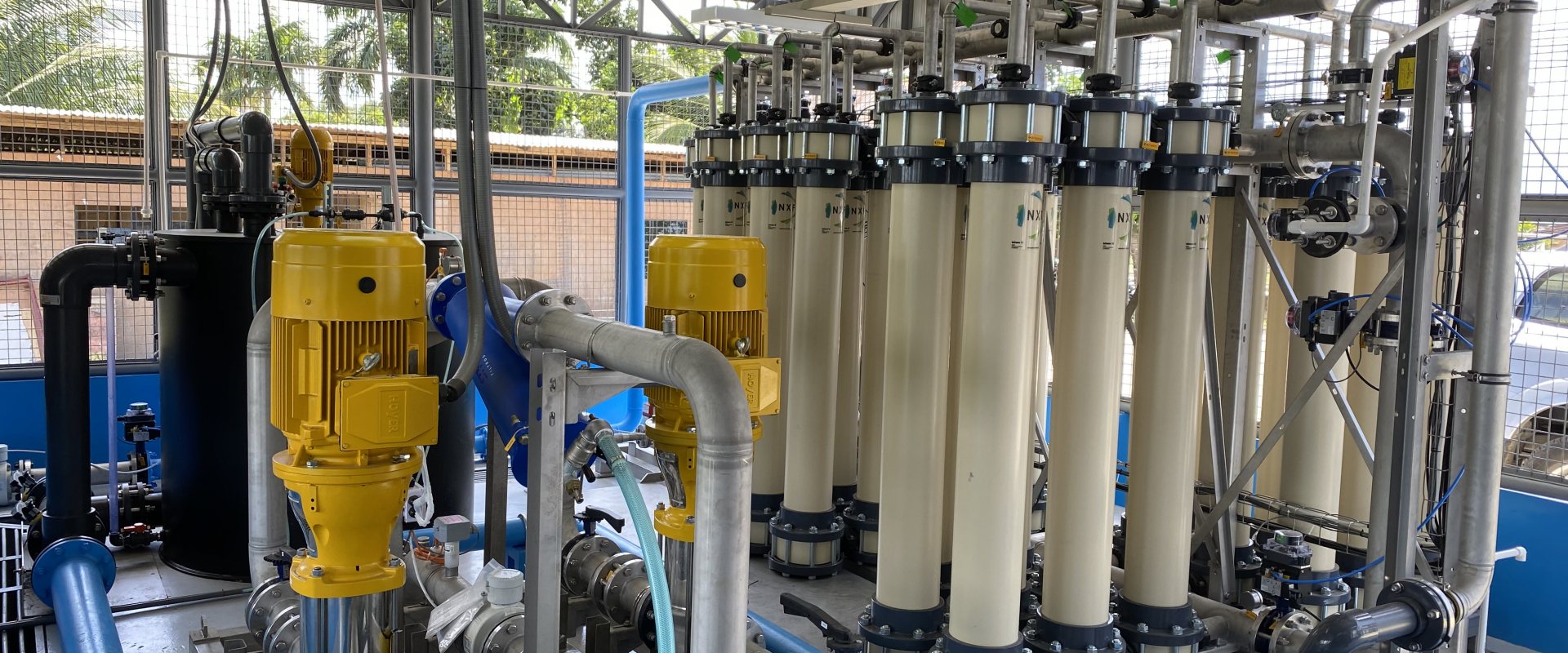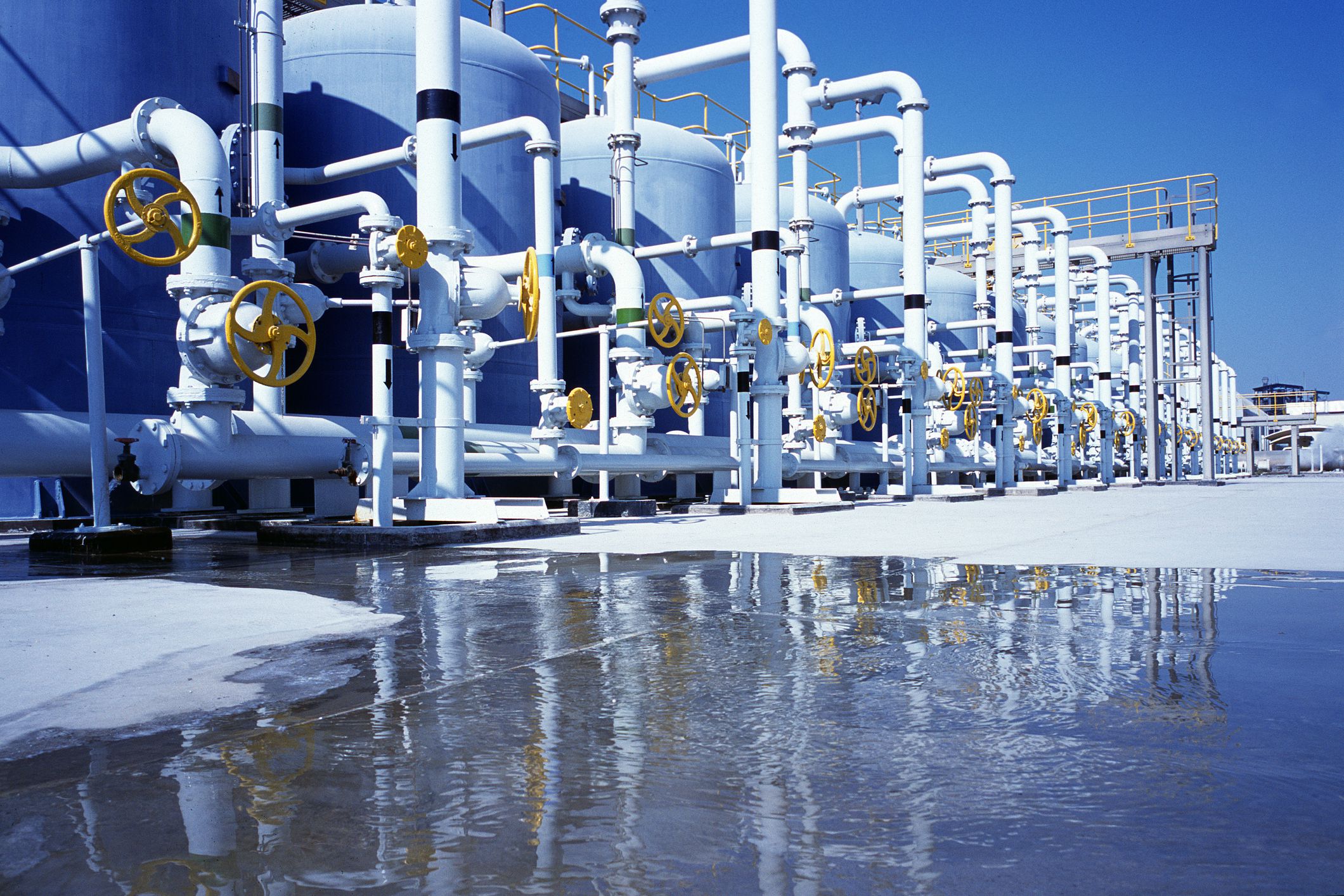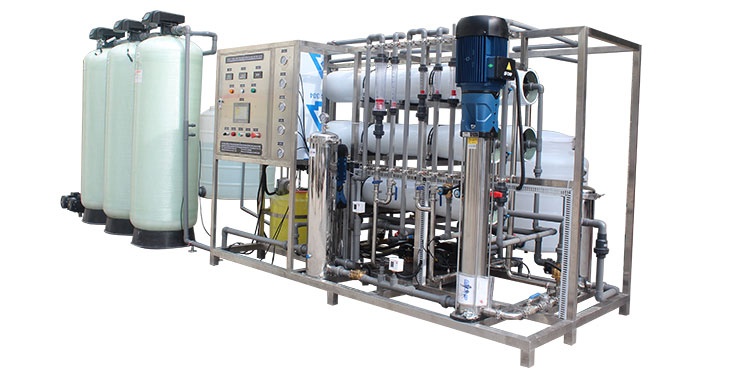How do you desalinate borehole water?
Desalinate borehole water is an important link in solving drinking water and agricultural irrigation water quality problems. The following will discuss several common desalination methods, technical characteristics and application scope.
1. Common dilution methods
There are various methods to desalinate borehole water, mainly including physical treatment, chemical treatment and biological treatment. Physical treatment includes technologies such as filtration, sedimentation and membrane separation, chemical treatment uses chemicals to remove impurities from water, and biological treatment purifies water through the action of microorganisms.
2. Technical features
Different desalination methods have their own technical characteristics. Physical treatment methods are simple and easy to implement, but have higher requirements for water quality; chemical treatment methods can effectively remove organic and inorganic substances in water, but may produce by-products; biological treatment methods are environmentally friendly, but have low treatment efficiency. Therefore, when choosing a desalination method, comprehensive considerations need to be made based on the specific situation.
3. Application scope
Desalinate borehole water has a wide range of applications, covering urban water supply, rural domestic water supply, industrial production and agricultural irrigation. In terms of urban water supply, desalinate borehole water can solve the shortage of urban drinking water; in terms of rural domestic water supply, desalinate borehole water can improve the living water quality of rural residents; in terms of industrial production, desalinate borehole water can be used in industrial production processes. Cooling and cleaning purposes; in agricultural irrigation, desalinate borehole water can improve soil fertility and increase crop yields.

Which desalination method is suitable for borehole water treatment?
1. Filtration and sedimentation
Filtration and sedimentation are one of the most common physical treatment methods, suitable for removing large particle impurities and sediments in borehole water. By setting up different levels of filters and sedimentation tanks, borehole water can be effectively purified and water quality improved.
2. Reverse osmosis
Reverse osmosis is an efficient membrane separation technology that can remove harmful substances such as dissolved solids, heavy metals, and microorganisms in water. It is suitable for dealing with the problem of high hardness in borehole water.
3. Biological filter
Biological filters use the action of microorganisms to convert organic matter and nutrients such as nitrogen and phosphorus into harmless substances. It is an environmentally friendly and economical treatment method and is suitable for treating organic matter in borehole water.
4. Chemical flocculation
Chemical flocculation uses chemicals to aggregate small suspended solids and colloidal particles in water into larger flocs, which are then removed through filtration or sedimentation. It is suitable for treating colloids and turbid substances in borehole water.

How to choose a suitable borehole water desalination method?
1. Water quality analysis
When selecting a suitable borehole water desalination method, you first need to conduct a comprehensive water quality analysis. Understanding the main types and contents of pollutants in borehole water, including dissolved solids, organic matter, heavy metals, etc., can help determine the most effective desalination method.
2. Process cost assessment
Different desalination methods have differences in equipment investment, energy consumption and maintenance costs. Select the most cost-effective desalination method by considering the cost of treatment and the expected desalination effect.
3. Treatment efficiency and water quality requirements
According to the use needs of borehole water, the water quality requirements and treatment efficiency standards are determined. For more demanding drinking water supplies, it may be necessary to select a desalination method that can efficiently remove various types of contaminants.
4. Environmental Impact Assessment
Consider the environmental impact of desalination methods, including energy consumption, wastewater discharge, and solid waste disposal. Choosing desalination methods that have less impact on the environment is in line with the concept of sustainable development.
5. Technical applicability and stability
Evaluate the technical applicability and stability of different desalination methods, including equipment operation stability, ease of operation and maintenance, and adaptability to changes in water quality, to ensure long-term stable and reliable operation.
6. Local resources and conditions
Consider local resources and conditions, including energy supply, water availability, technical support and human resources, etc., to select a desalination method suitable for local actual conditions.
7. Risk assessment and management
Conduct risk assessment and management of the selected desalination method, consider possible technical, economic and environmental risks, and take appropriate measures to prevent and respond.

What is the future development direction of borehole water desalination technology?
1. Intelligent technology application
In the future, borehole water desalination technology will be more intelligent, realizing real-time monitoring and regulation of water quality and treatment processes through sensors and intelligent control systems, improving treatment efficiency and water quality stability.
2. Application of new materials
The application of new materials such as nanomaterials and porous materials will promote the advancement of borehole water desalination technology, improve the efficiency and selectivity of membrane separation and adsorption technologies, and reduce energy consumption and costs.
3. Development of green and environmentally friendly technologies
Future borehole water desalination technology will increasingly focus on green environmental protection, advocate zero waste emissions and energy self-sufficiency, and achieve sustainable use and protection of water resources through biological treatment, photocatalysis, electrochemistry and other technologies.






